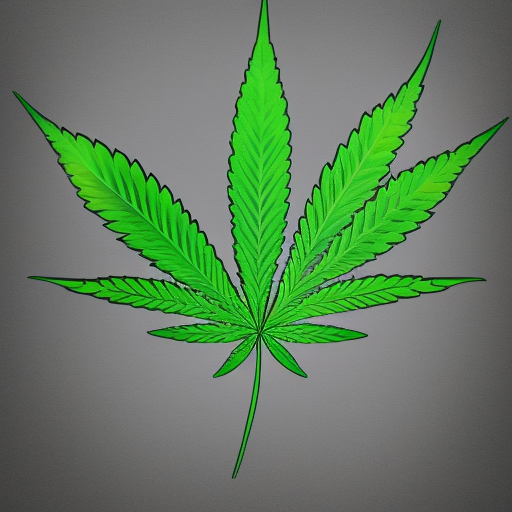
Yo, what’s up guys? It’s your boy Dan, and I’ve got some news for you straight from the 2023 Supply Chain Conference in Houston, Texas. The Drug Enforcement Administration (DEA) just announced that they’re about to drop some new rules regarding synthetic cannabinoids.
Terrance Boos, the DEA’s Section Chief of Drug and Chemical Evaluation Section, spoke on the topic of emerging trends at the conference on May 4. He confirmed that the DEA has received “multiple petitions” regarding synthetic cannabinoids, and that they’re currently reworking their rules to reflect recommendations from the U.S. Department of Health and Human Services (HHS).
Boos’s PowerPoint presentation covered a wide variety of topics, including counterfeit pill operations and internet drug trafficking. But the real talk was about designer drugs such as spice/bath salts, synthetic opioids, designer Benzodiazepines, and synthetic cannabinoids “CBD to delta-8 THC.”
According to Boos, the “proposed rule treats synthetic CBD with <0.1% delta-9-THC same as AIA [agriculture improvement act] exempted material,” which could suggest plans to deschedule synthetic CBD.
The presentation also covered a brief history of delta-8 THC and how it’s made. Boos explained that finding delta-8 THC naturally in cannabis is pretty rare, while most delta-8 THC products are made through a chemical process that converts CBD into delta-8 THC. But here’s the thing: “That act of taking that substance in any synthetic step now brings it back under the [controlled substances act],” Boos said.
Boos also confirmed that the new rules, which haven’t been publicly revealed yet, could change the classification of hemp-derived cannabinoids. And according to Vicente LLP’s analysis, those rules could be coming soon.
“We expect DEA to review HHS’s recommendation, develop its own analysis, and eventually publish a proposed rule tracking FDA’s recommendation in the Federal Register,” Vicente LLP wrote on its website. “At that point, there will be a public comment period and an opportunity for interested parties to request on-the-record hearings. Our best guess is that the proposed rule will appear in the Federal Register this fall.”
In February, the DEA published a letter stating that delta-9-THCO and delta-8-THCO are not hemp, and instead are considered to be controlled substances. “Delta-9-THCO and delta-8-THCO do not occur naturally in the cannabis plant and can only be obtained synthetically, and therefore do not fall under the definition of hemp,” Boos wrote in the letter.
Last October, the Food and Drug Administration (FDA) held a webinar called “Understanding the FDA’s approach to cannabis science, policy, & regulation.” During the discussion, FDA principal deputy commissioner Janet Woodcock explained that the FDA manages “the scientific and medical assessment” for cannabis using information provided by the National Institute on Drug Abuse (NIDA).
“We are working diligently on looking at the scheduling of marijuana under the Controlled Substance Act and what flexibilities we might have here,” said Woodcock. “That is a very high priority that the secretary of HHS is very interested in. We’re working closely with our partners at NIDA and also at the assistant secretary for [HHS].”
However, Woodcock confirmed that the DEA “has the final word” on decisions regarding scheduling substances. She added that this limitation makes it “very, very difficult” to study cannabis based on the currently existing protocols.
So there you have it, folks. The DEA is about to come through with some new rules regarding synthetic cannabinoids. Stay tuned for more updates!



Yo dis be wild, synthetic weed got folks trippin. They need to be careful wit how dey regulate it, cause ain’t nobody tryin to mess up the good stuff we got. Keep it real and safe for everybody, ya feel?